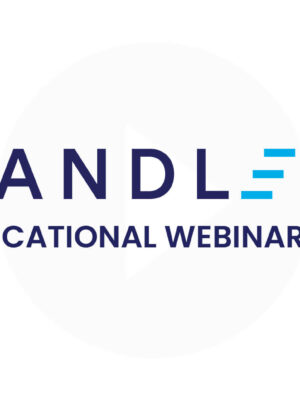Five Necessary Behaviors for Effective Prospecting

Prospecting is the lifeblood of a successful sales career… but many salespeople overlook the basic behaviors that support a consistent prospecting routine. Here are the five necessary behaviors professional salespeople need in order to become successful at prospecting.
- Have a cookbook. Prospecting by itself tends to be the last thing that we want to do… with the result that we come up with all kinds of good reasons to do other things during the selling day. Of course, we do need to have a healthy balance between all of your activities. The question is, what daily mix of activities supports our income goals? By crunching the numbers, analyzing the results, and creating a “recipe” for daily progress, also known as cookbook, we can identify exactly how many dials we need to make, how many conversations we need to have, and so on… every single day. This will allow us to stay focused on the areas that are important to the attainment of our goals and to use the power of our daily routine to help us overcome any call reluctance we may be experiencing.
- Practice. Get a buddy and do some role playing before you actually make the calls! Cold calling is one of things that you get better and better at the more you practice. You should devote a few minutes every day to practicing your scripts and responding to the objections that you hear on your phone calls. As you role play, remember that the goal is always to keep a prospecting call short. Even when a cold call is going well, if your goal is to set a meeting, you want to set it and conclude the call relatively quickly. The longer the call goes, the more likely the other person is to say, “Sounds interesting – why don’t you send me something and I’ll get back to you.”
- Invest some targeted time in social selling. Prospecting should be well balanced, and one of the things that you should be paying attention to is social selling. This means using today’s technology and communication platforms to help you connect with new people and get more and better conversations going with people who can buy from you or give you referrals. The key to success here is to set aside a strict daily time budget for social selling as part of your cookbook. For more information on this, see our book LinkedIn the Sandler Way.
- Ask current customers for introductions. A referral is when you get a name and some contact information; an introduction (which is far better!) is when your customer calls or emails on your behalf to put you on the person’s radar screen. Get into the routine of asking for introductions whenever possible. One of the keys to success here is to use LinkedIn to identify a specific individual within your customer’s professional network that you want to be introduced to. This is much more effective than simply asking the customer to identify someone who could benefit from working with you.
- Tell people exactly what they’re agreeing to. When you’re on a phone call with a prospect and you’re trying to set up an appointment, let the other person know up front how long the appointment will be and what the two of you are going to cover. The prospect is more likely to say yes if they clearly understand what the agenda is for the meeting that you’re trying to book.
Check out this section of our blog to learn more prospecting best practices!








